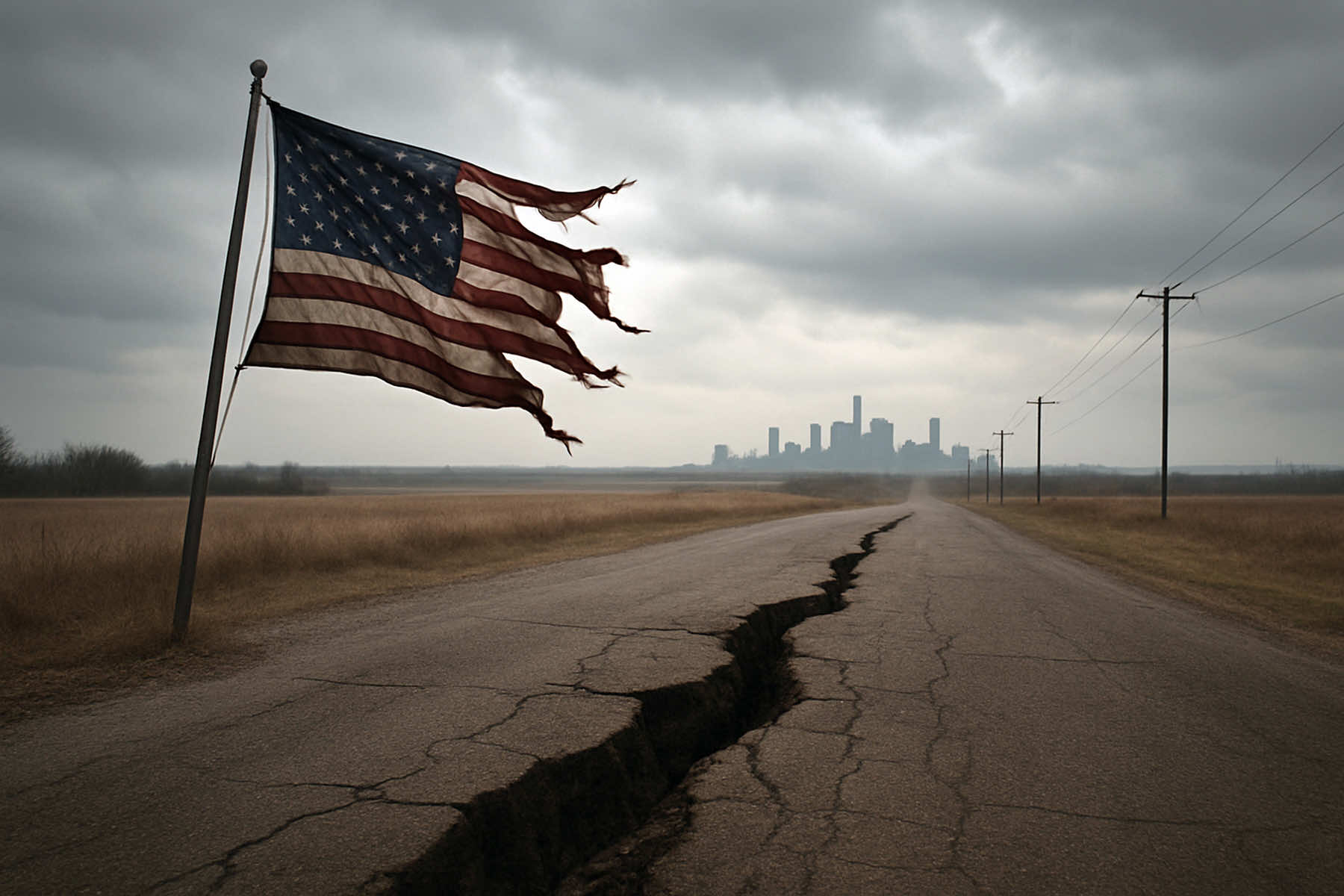
The so-called peace talks between Russia and Ukraine in Istanbul are a farce. In a situation where neither side has achieved its strategic goals on the battlefield, the prospect of a lasting peace seems extremely unlikely. Even that is understated.
By Nikola Mikovic
Whether any involved parties are genuinely interested in ending the conflict that erupted on 24 February 2022 is highly questionable. In reality, the Russian invasion of Ukraine is a continuation of the Donbas war that lasted from 2014 to 2022.
During the bloodshed in Ukraine’s eastern coal-rich region, top Russian and Ukrainian delegations met in the Belarusian capital in 2014 and 2015, resulting in the Minsk Agreements, which effectively froze the hot phase of the conflict.
The ceasefire deal was signed by the leaders of the Moscow-backed self-proclaimed Donetsk People’s Republic and Luhansk People’s Republic (both Ukrainian citizens), the Russian ambassador to Ukraine, and a former Ukrainian President, Leonid Kuchma. In other words, neither Russian nor Ukrainian top officials inked the documents, even though they participated in the peace talks.
As a result, the Minsk Agreements turned the Donbas war into low-scale positional warfare, allowing both sides to prepare for a large-scale conflict. The overall situation remains essentially the same this time, although Moscow and Kyiv appear to have slightly reversed roles compared to those they held from 2014 to 2022.
At the time, Ukraine was portraying the Donbas war as an “anti-terrorist operation.” Its military was fighting against the Donbas rebels, whom the Russian Federation firmly backed. Moscow is now conducting a “special military operation,” while, in reality, it is waging war against the Western-armed and -sponsored Ukrainian Armed Forces.
Given that more than three years after launching its full-scale invasion of Ukraine, the Kremlin has not achieved any of its goals in the Eastern European country, ending the so-called "special military operation" now could be seen as a defeat. On the other hand, the Ukrainian authorities could hardly have explained to their people why they agreed to freeze the conflict without compelling Moscow to retreat to at least the pre-February 2022 borders.
That is why a peace deal seems to be wishful thinking on the part of US President Donald Trump, who strongly urges both sides to end the war. Meanwhile, Kyiv’s European allies expect Moscow to accept Ukrainian President Volodymyr Zelensky’s 30-day ceasefire agreement, which would undoubtedly allow the Ukrainian military to consolidate its positions and prepare for another round of fighting.
The West, however, does not seem generally interested in ending the Ukraine war. Its policymakers are fully aware that Russia, bogged down in Ukraine, continues to lose its position in strategically important regions such as Central Asia and the South Caucasus. Additionally, the war weakens Russia both militarily and economically, which benefits the West in the event of a potential direct military confrontation with the Russian Federation. That is why Moscow portrays Europe as its major adversary.
“Berlin, Paris, and London cannot realistically lay claim to a place at the negotiating table on Ukraine as long as they continue to fully support Kyiv, including by supplying weapons,” said Russian Foreign Ministry spokesperson Maria Zakharova.
Interestingly, the United States is also fully supporting Kyiv by supplying it with weapons, yet this does not prevent the Kremlin from holding talks with top American officials. The West appears to be employing a "good cop (Trump) – bad cop (Europe)" strategy toward Russia, and Moscow seems to play along in this scenario willingly.
Although the Kremlin has a history of making unilateral “goodwill gestures” to Ukraine and what it often labels as “the collective West,” it is highly uncertain whether Russia will be willing to make a similar move this time and accept Zelensky’s 30-day ceasefire proposal. Still, suppose rumours that Chinese President Xi Jinping pressured his Russian counterpart, Vladimir Putin, to find a way to freeze the conflict in Ukraine are true.
In that case, the Russian leader may resort to his old tactic of accepting Western ceasefire proposals, and later, when Ukraine launches a large-scale offensive, he may accuse his Western partners of “deceiving” him.
The fact that Putin appointed Vladimir Medinsky, who, during the 2022 peace talks in Istanbul, announced the withdrawal of Russian troops from around Kyiv as a “goodwill gesture”. As head of the Russian delegation, he suggests that the Kremlin might be willing to reach a deal with Ukraine and the West.
Furthermore, if reports are accurate, Putin’s close ally, Russian and Israeli business oligarch Roman Abramovich, who played a key role in the 2022 exchange of Ukrainian Azov Regiment fighters for Putin’s friend, Ukrainian oligarch Viktor Medvedchuk, attended a meeting at the Kremlin just days before the summit in Istanbul, the Kremlin may soon make some concessions to the United States.
That, however, does not mean that the Ukraine war will end soon. A potential peace or ceasefire deal, though unlikely, will only temporarily freeze the conflict in the Eastern European country, regardless of how it is framed. Bloody battles are yet to come, and the fate of the Ukraine war will almost certainly be decided on the battlefield.






